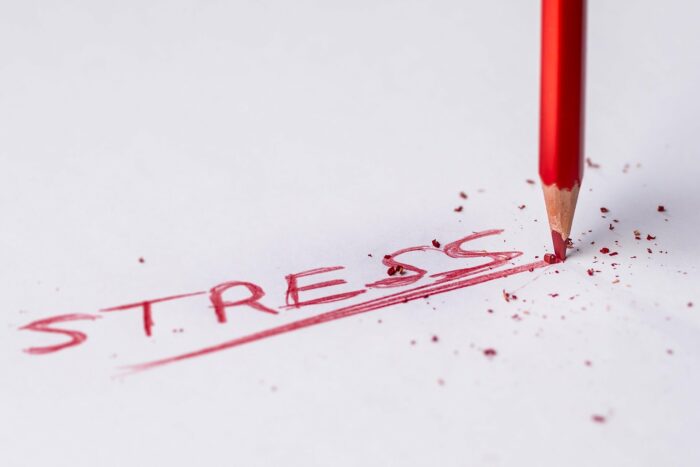Balancing remote work-life isn’t an easy task to do
It needs stress management skills like self-regulation. The term self-regulation generally refers to processes in which a system adapts its function by itself. This can be done to maintain a function or to adapt the system to new conditions. In psychology it is a collective term for skills with which people control their attention, emotions, impulses and actions. We can channel and regulate our emotions, for example by walking through the forest or meditating to relieve aggression.
A resilient person knows how to take care of themselves
As such they protect themselves and their social environment from excessive or permanent stress. They maintain a conscious management of stress and regeneration. They compensate for stressful situations in the workplace by achieving a healthy work-life balance. This is a particular challenge in today’s world. Modern technology means we have access to work 24 hours a day, 7 days a week. In order to be able to recover from stressful situations, as an example to be resilient, we need exactly the energy that we need, but which is quickly used up if there is no healthy work-life balance. Employees need time to relax, switch off and recuperate.
Another foundation for building personal resilience and balancing remote work-life is emotional honesty and insight
Insight is closely related to emotional intelligence. People with some insight are aware of the full range of emotions they experience, from “negative” to “positive”. They are also aware of the consequences of their own reactions and behavior, as well as the effects of their own actions on others. Mentally resilient people can be described as emotionally intelligent.
The reflection continues to give us the opportunity to strengthen our resilience in the workplace. Being aware of the potential triggers of stress can help us prepare and gather resources so that we can better be able to recover. When we know that a particular circumstance presents a particular challenge, we can implement appropriate coping strategies.

